I know about compiler-generated functions, the rule of three and the rule of five. In real-world scenarios, it may not be trivial to figure out exactly which of the compiler-generated functions (constructors, assignment operators, destructor) were actually created by the compiler.
Is there any way to list the compiler-generated functions for a specific class?
I am primarily interested in Visual Studio 2019 and Xcode, but a generic solution would be even more welcome.

